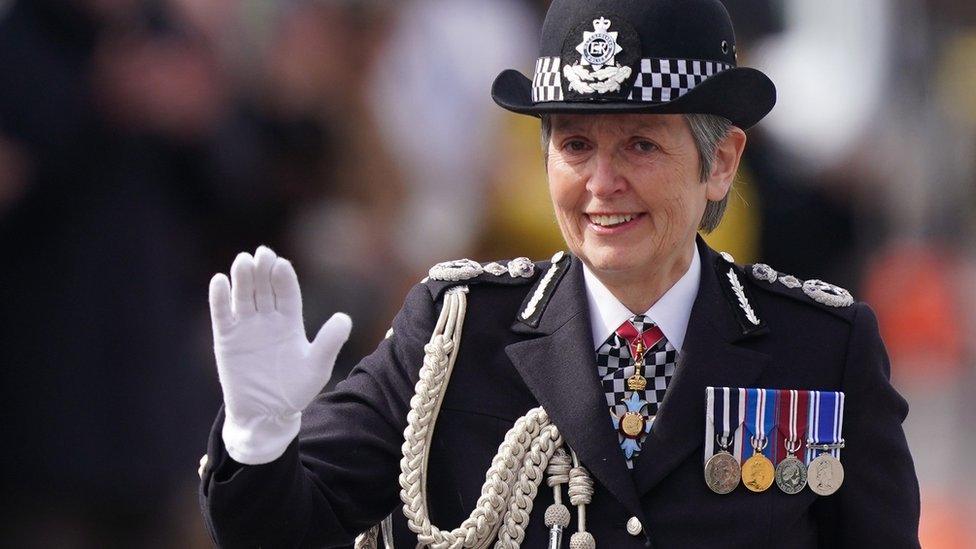Sir Mark Rowley: What changes do Londoners want to see in the Met?
- Published
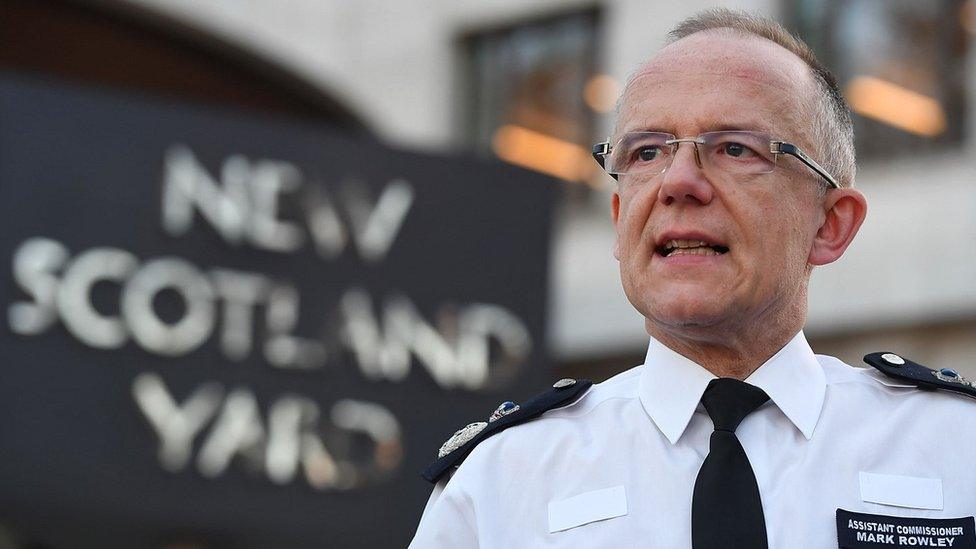
Sir Mark Rowley served as head of the Met Police's counter-terrorism unit between 2014 and 2018
Sir Mark Rowley has started his new role as the commissioner of the Metropolitan Police.
The 57-year-old takes over following a series of crises and controversies - from the murder of Sarah Everard to the case of Child Q - which led to the resignation of his predecessor Dame Cressida Dick.
When announcing his appointment, the then-Home Secretary Priti Patel said she wanted a "focus on tackling neighbourhood crime and delivering the basics of policing".
Sir Mark was sworn in as commissioner at a ceremony earlier, pledging his allegiance to King Charles III.
He already faces one of the Met Police's biggest-ever tasks - overseeing the plans for Queen Elizabeth II's funeral.
But what do Londoners and campaigners who experienced some of those crises want to see from the new head of the UK's largest police force?
'Open the gates of communication'
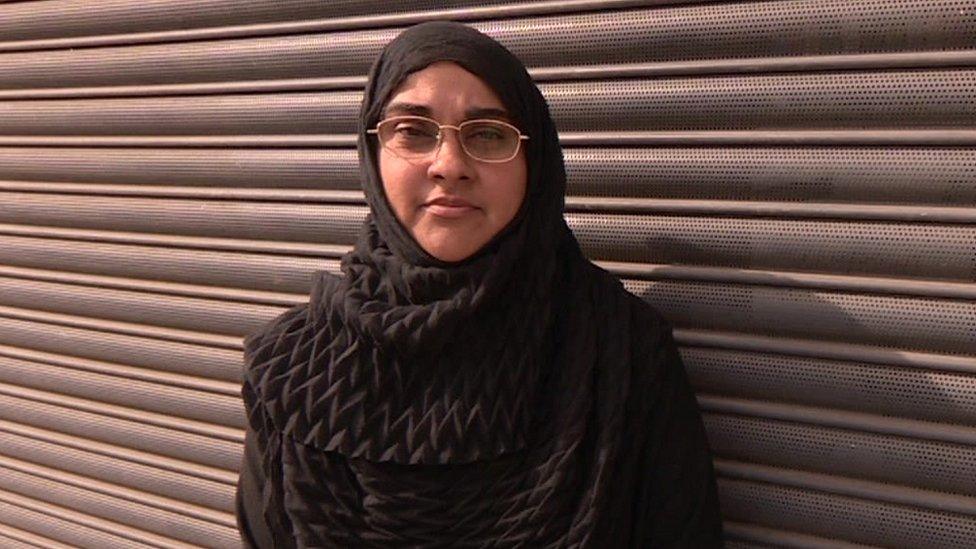
Sabah Razak says she's felt disheartened by the police's response to crime and anti-social behaviour
A member of the Greenford community in west London, Sabah Razak, was shocked by the death of 87-year-old Thomas O'Halloran, who was fatally stabbed while riding his mobility scooter last month.
"People have reacted, they're very angry. It's hard to believe that someone like Tom would be targeted because he wasn't a threat to anyone," she says.
Yet she believes the attack revealed deeper issues felt by the community about how safe they felt on the streets and the police response to low-level crime and anti-social behaviour in the area.
"Things regularly happen and everyday people walking on the street are thinking that it's getting worse. It affects people because it's in their everyday lives, it's what we have to live with, so it's going to affect us," she explained.
Sir Mark Rowley spoke to BBC Breakfast in April 2022 about the challenges facing police
Ms Razak says she's had "mixed" experiences when reporting crime and anti-social behaviour to the police over the years, but these days "I don't bother" as "when we call they'll say it's not that big a deal... so you get disheartened and you don't want to call again because you think you're going to be made to look like an idiot".
As such she wants Sir Mark to lead a force which is more visible and more in touch with local residents, such as by taking part in more community-based meetings like the one held in Greenford in response to Mr O'Halloran's death.
"We need to open up those gates of communication again… if you can't hear what your community is telling you, what can you do about the situation and the struggles they are going through?
"It is a matter of making sure that people know the police are there."
'Trust has to be built'
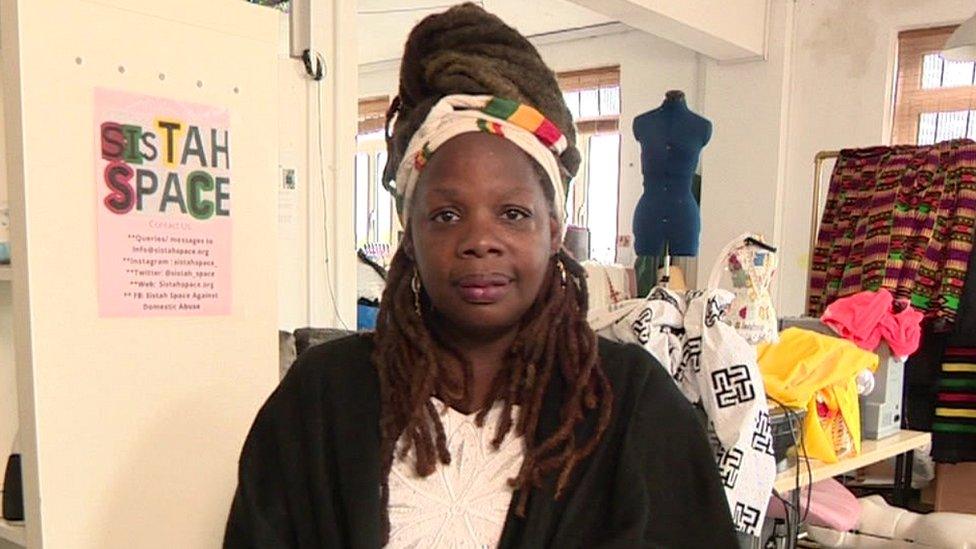
The new police chief needs to build trust as it does not exist right now, Ngozi Fulani says
When the job advert was published to find the new commissioner, it called for someone to re-establish trust and confidence in the force, particularly among girls and women, and black, Asian and minority communities.
Yet Ngozi Fulani, the founder and chief executive of Sistah Space - a group set up to support UK African heritage women affected by domestic and sexual abuse - believes the new police chief has more to achieve than that.
"In order to re-establish something it means it has to have been there in the first place and there has been no trust. There is no re-establishing trust. It has to be built from the start."
She says that events over the past few years have shown that "racism is inherent in the police force and other agencies", and people have had to "live this day in and day out".
"Child Q was another level, but it is nothing new. Most of us black women, men can tell you stories of having to go through that in the school where they should be safe."
Ms Fulani adds that "there are some officers who are dedicated to bringing about positive change and they've gone above and beyond", but believes "they are in the minority".
"The leadership at the top needs to understand that policies need to be in place, and in order for that to happen you need to understand what's happening on the ground."
She therefore wants to see change throughout the force. "This notion that it's OK to treat our children, women and men like we are other, like we don't have any feelings, like we don't have any right to equality. We're not asking for anything more, we're asking for equal and I think that's the key," she says.
"Invite us to the table, have a conversation with us and be open to listening without feeling that you have to defend the indefensible."
'The culture has to change'
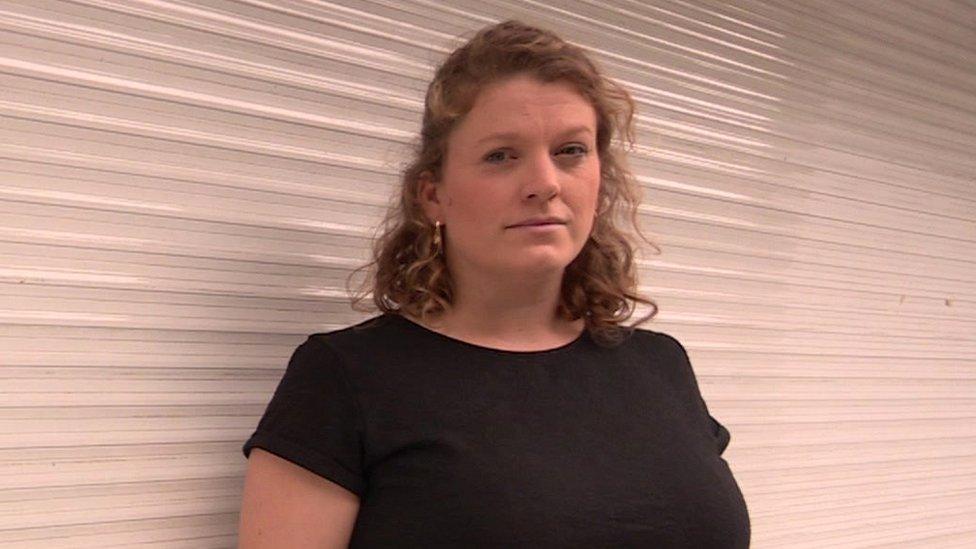
Anna Birley says whistleblowers need to be supported
Trust in the police is also a key issue for Anna Birley, co-founder of Reclaim These Streets, a social justice organisation working to improve the safety of women and girls.
"We know there are loads of good officers out there but they're let down by the fact there is a culture within the Metropolitan Police... which is misogynistic, racist, homophobic and discriminates against minorities in London," she says.
She believes there are "a few immediate steps" Sir Mark must take to change the force.
"There are things we called for along with MPs like Harriet Harman when we learnt that Sarah Everard was missing and Wayne Couzens was a serving police officer.
"They're about changing the vetting process. They're about the way in which they recruit so that it's about people who are attracted to duty, not power. It's about supporting whistleblowers who speak up... and the flip side to that is making sure people who know that something's wrong and don't report it face consequences too," she says.
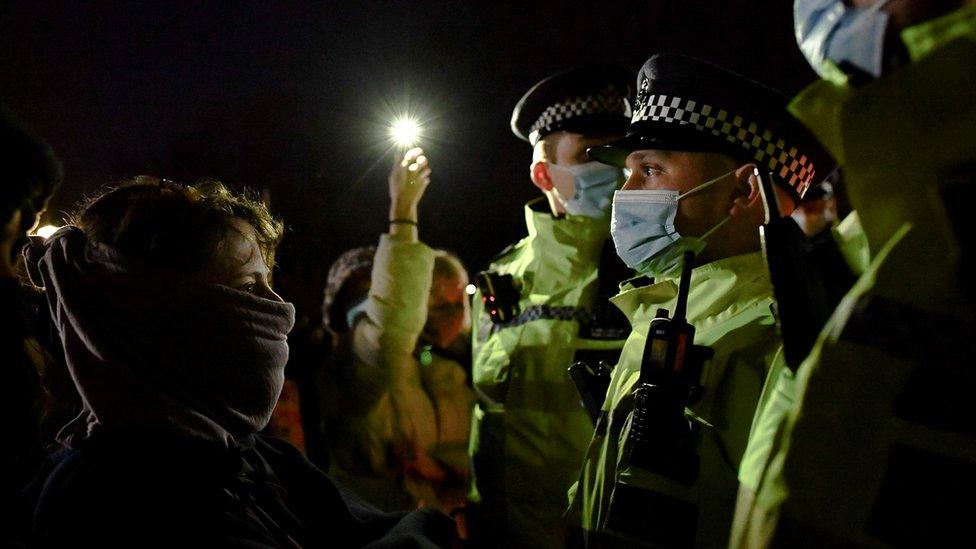
The Met Police tried to stop the Sarah Everard vigil from being held
Ms Birley was one of those behind initial plans for the vigil for Sarah Everard, which was called off by the organisers after intervention by the Met, but ended up going ahead unofficially. She thinks that experience highlighted major issues about how the force works.
"What made us angry and what made me call my friends to organise the vigil last March was that police were knocking doors in my neighbourhood suggesting women change their behaviour," she says.
"The response to violence against women and girls cannot be that victims of violence - women and girls - change their behaviour to accommodate male violence."
She also wants to see the rooting out of a "locker-room culture where things are written off as banter when actually they're deeply offensive and they suggest deeper, more problematic views are held," as well the force admitting when it makes mistakes, rather than simply fighting back as it did against Reclaim These Streets over the vigil.
"The culture has to change so that the organisation can admit that when they're wrong, that they can apologise, they can move on and they can make changes so it doesn't happen again," she says.

Follow BBC London on Facebook, external, Twitter , externaland Instagram, external. Send your story ideas to hellobbclondon@bbc.co.uk, external
- Published8 July 2022
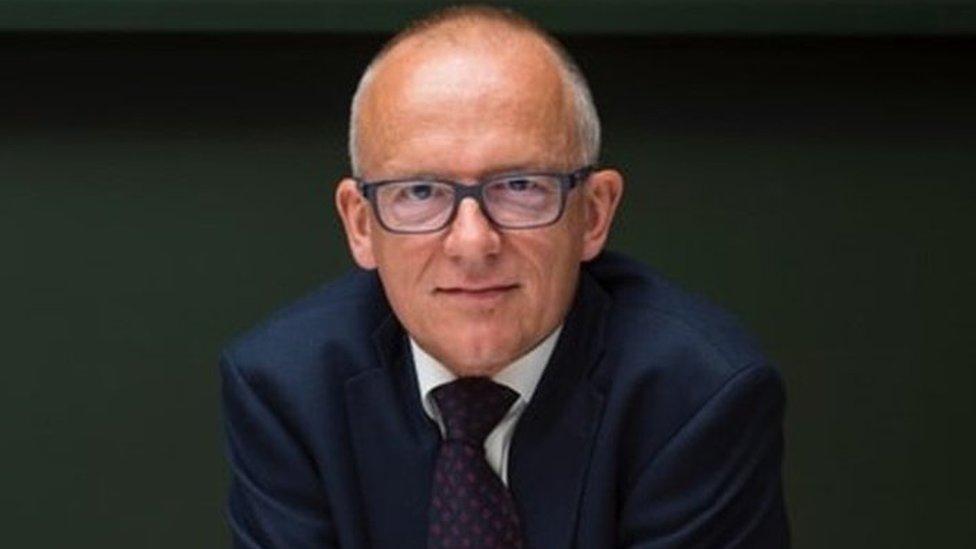
- Published17 June 2022
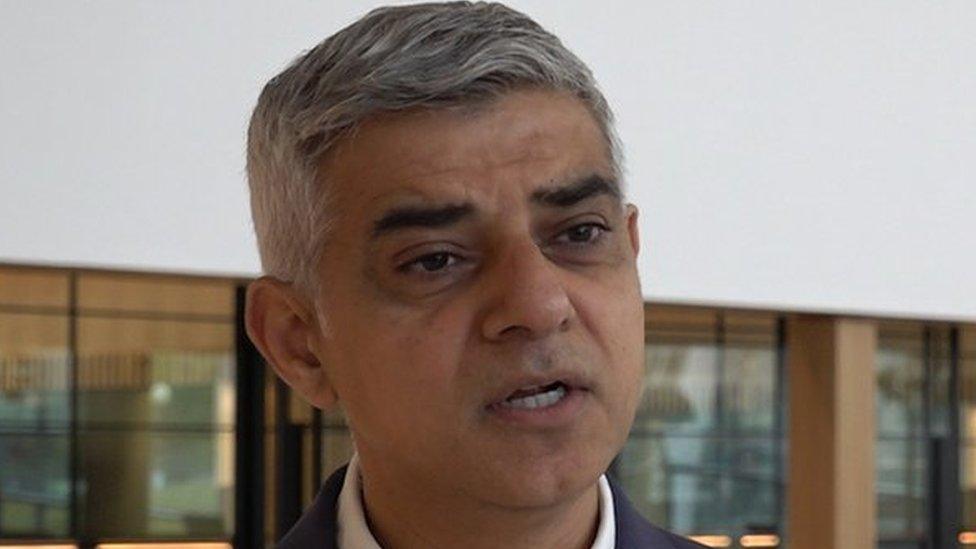
- Published10 February 2022
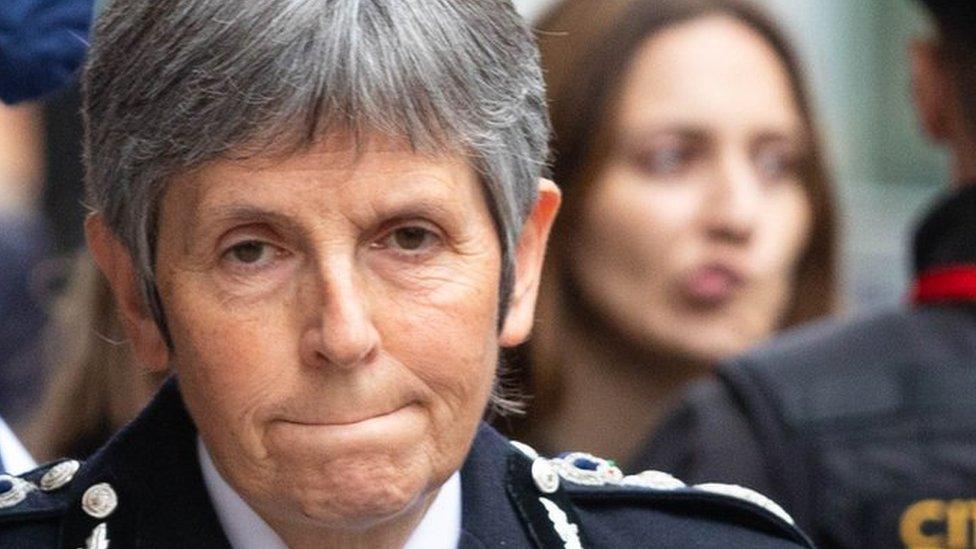
- Published12 February 2022
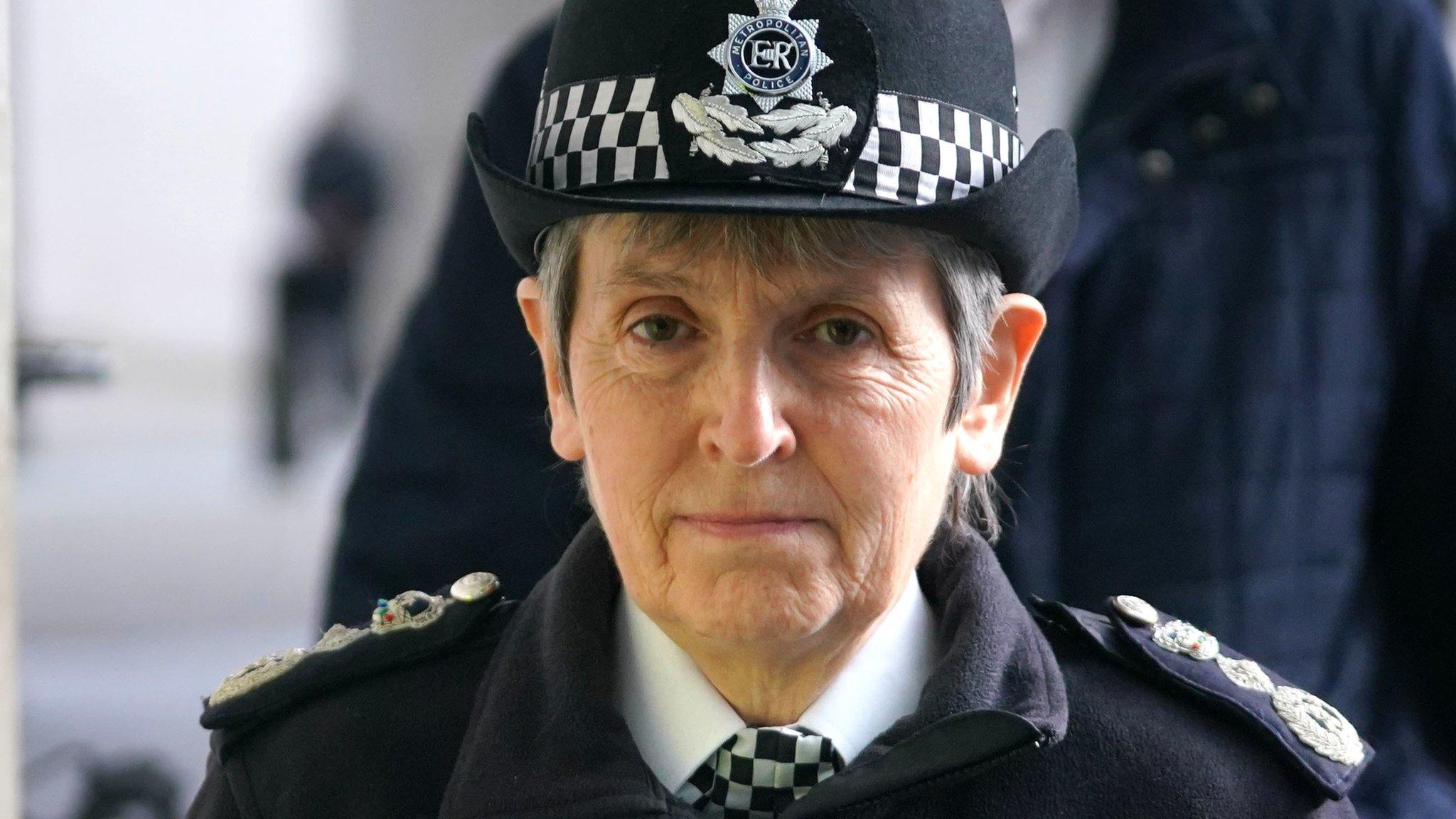
- Published8 July 2022
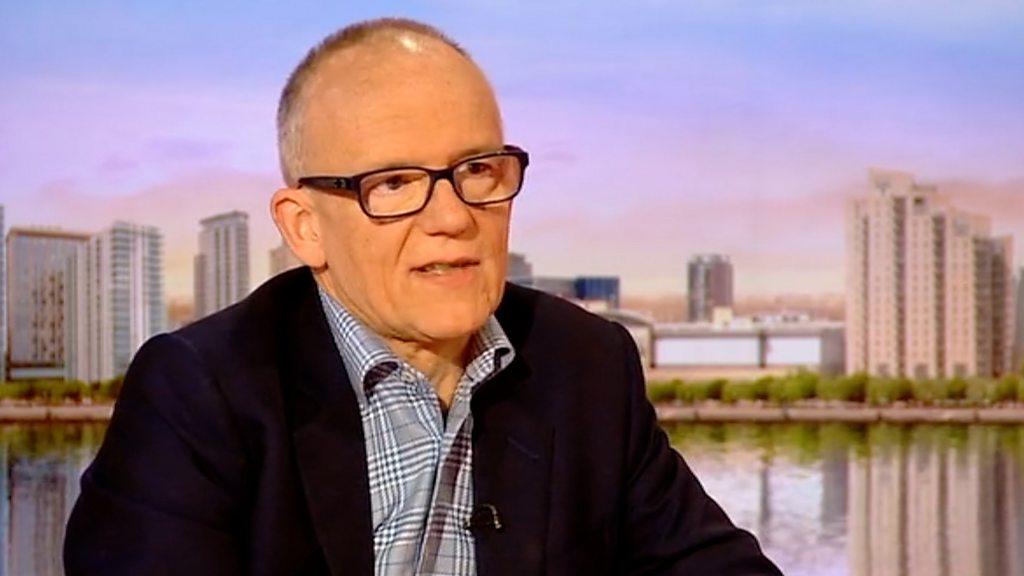
- Published10 April 2022
